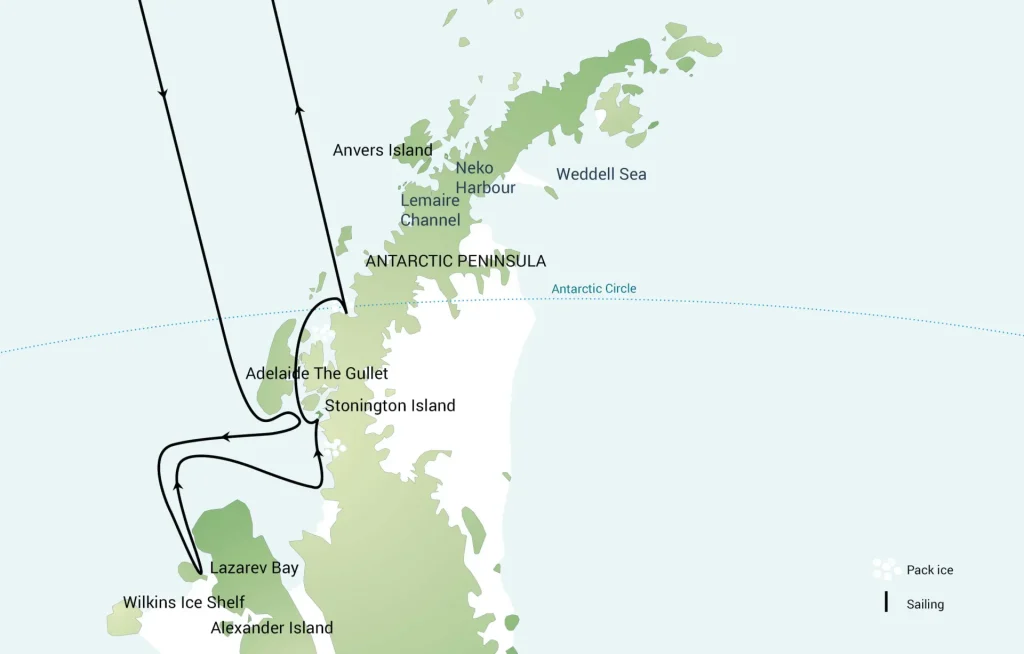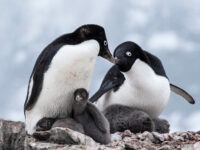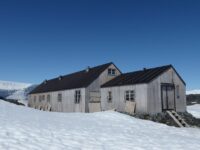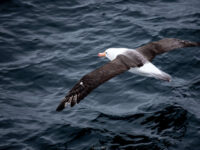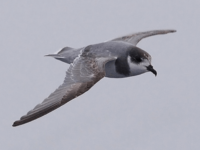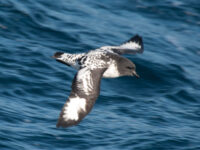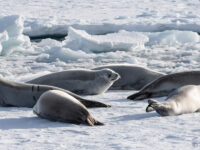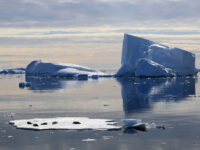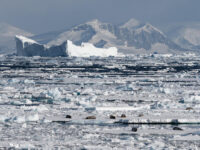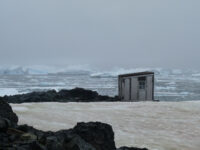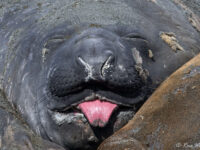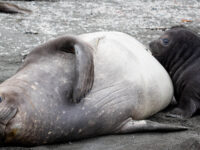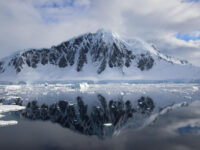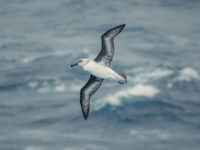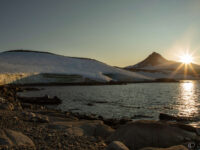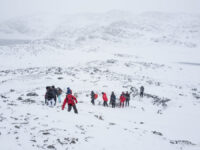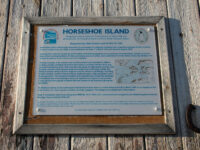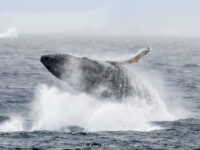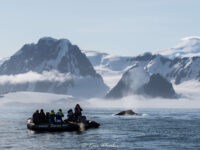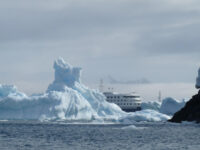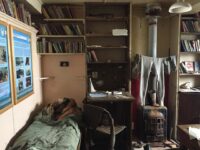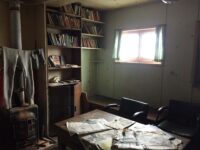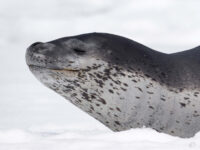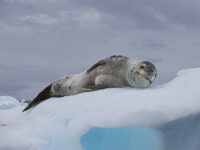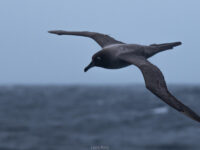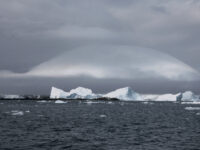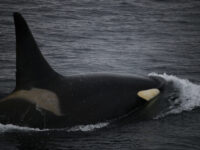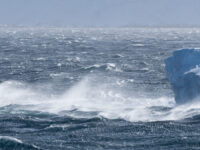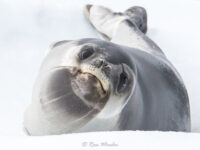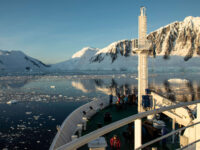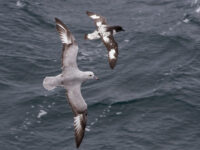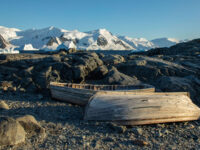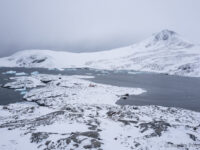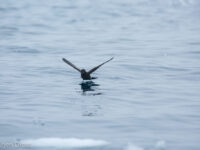This voyage explores a number of historically significant Antarctic areas, such as the very rarely visited Bellingshausen Sea, Marguerite Bay, and Alexander Island. We focus on places discovered by Adrien De Gerlache on his Belgian Antarctic Expedition.
Beyond the Polar Circle: Wilkins Ice Shelf
This voyage is a true expedition, exploring the rarely visited region of the Bellingshausen Sea, Marguerite Bay, and Alexander Island. We explore many of the places discovered by Adrien de Gerlache on his Belgian Antarctic Expedition (1897 – 1899) aboard the Belgica. This voyage leaves Ushuaia and heads straight beyond Antarctic Circle, where we aim to spend the rest of the trip. The variety of landings and wilderness in this region are rivalled by few other places on Earth.
We will see Antarctic ice shelves, land on islands where few people have set foot, and enjoy this awe-inspiring area far from the beaten track of regular Antarctic cruises. We may also see a range of exotic wildlife, including humpback and minke whales, orcas, and a variety of seals: leopard, elephant, crabeater, Weddell, Antarctic fur, and maybe even a Ross seal. Gentoo and Adélie penguins, skuas, terns, and giant petrels are just some of the bird species we may see as well.
Astronomy & aurora australis:
Spring 2025 marks the best chance to see the rare aurora australis, also known as the southern lights. Unlike the northern lights, the southern lights travel over no cities or villages and are only rarely seen from land. The sun’s 11-year cycle of activity peaks around 2025, making for more active auroras that are best seen around the equinoxes. We will maximize our chances of seeing the elusive and enchanting southern auroras by traveling below the Antarctic Circle when there is little moonlight in the sky. We will also have the chance to see many Southern Hemisphere stars and celestial objects, including the Southern Cross and Magellanic Clouds.
Dr. Tyler Nordgren will lead our night sky viewing activity on deck when the weather and auroras are favorable, speaking about the southern sky and its auroras. Nordgren is a professor of astronomy and physics at the University of Redlands as well as a former member of the Board for the International Dark Sky Association.
Dr. Julie Rathbun will continue this trip’s theme of polar and astronomical exploration, leading discussions about how Antarctica is used as a site to study Europa, one of Jupiter’s moons. A senior scientist with the Planetary Science Institute, she is part of NASA’s Europa Clipper spacecraft mission, which launches in October 2024 to investigate the liquid ocean beneath Europa’s icy surface.

